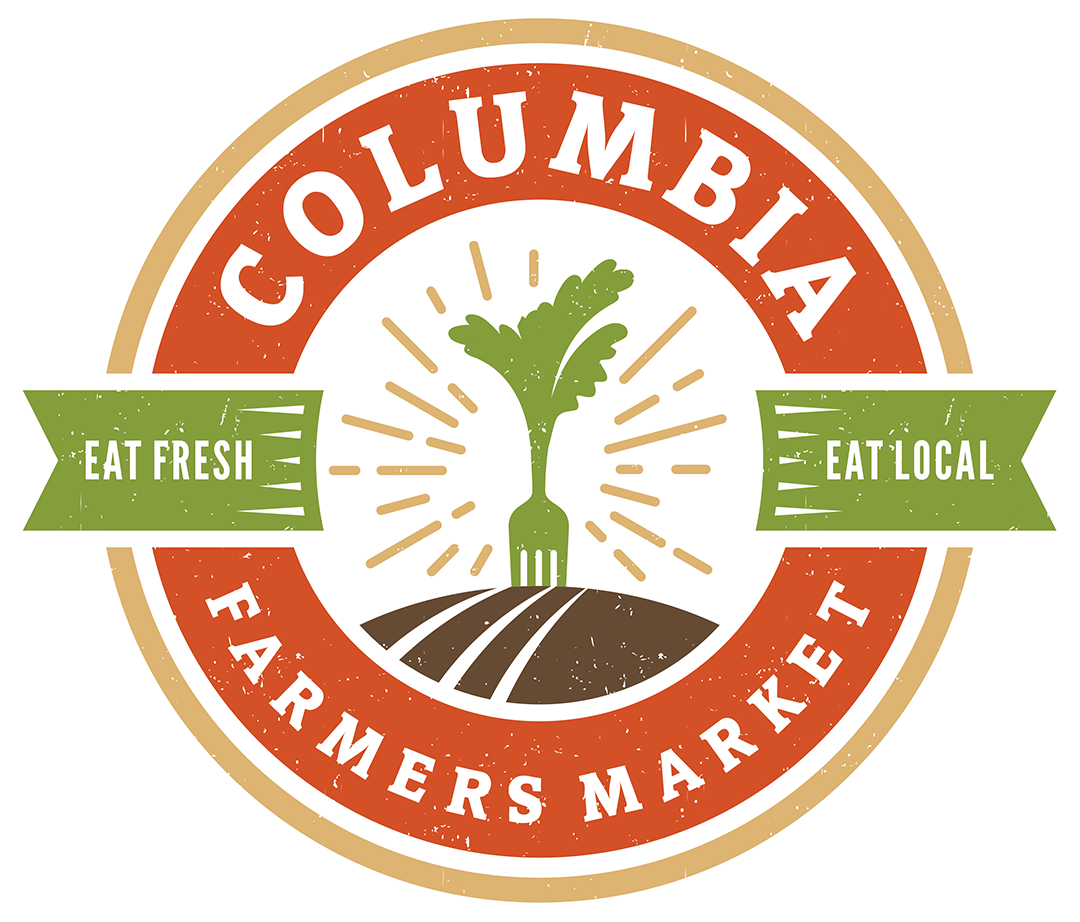


Below is a glossary with a some farm and food related terms to help you better understanding the growing practices of our farmers at market. Although you might already know the meaning of these terms, it is always important to engage growers in conversation about their farm practices.
Artisanal products are made by hand in small batches. However, the term is unregulated and sometimes used by large manufacturers.
Conventional farming uses the standard practices of agriculture industry, including monocropping and use of pesticides, synthetic fertilizers, antibiotics and genetically modified crops.
Implies that the animal was raised unconfined with the ability to roam. However, the USDA only regulates the term for poultry, not beef, pork or eggs. Poultry regulated by the USDA requires that birds have access to the outdoors but for an undetermined amount of time each day. There is really no standard definition of this term. To learn more about what is meant by “free-range,” customers should ask the farmer about specific practices.
This term means that the animal (cattle, sheep, goat or bison) was raised on a diet of grass on pasture during the warm months and stored grass (hay) during winter and under drought conditions. Sometimes the term pasture-raised is used interchangeably. However, grass-fed does not mean that the animal was raised on a 100% grass diet.
Finishing is the amount of time that cattle are fattened before being processed. Some grass-fed animals are grass-finished, which means they ate strictly grasses during the 90 to 160 days before slaughter. Grass-Finished animals were never fed grain during any stage of it’s life.
GMOs are plants whose DNA have been manipulated by genetic engineering. The genetic make-up of the plant is altered to exhibit traits they do not normally have, like longer shelf-life, resistance to certain chemicals or a different color. In the process, genes are taken from one organism and then transferred into the DNA of another. GMOs are allowed in conventional farming and their labeling is not required.
Heirloom varieties are crops that have been developed through years of cultivation, selection and seed saving, and passed down through generations.
Produced without the use of most synthetic pesticides or fertilizers, artificial inputs and genetically modified organisms (GMOs). Organic eggs, dairy and meat are raised using only organic feed and without hormones or antibiotics. Some producers are considered certified organic, meaning they have gone through a national accreditation process with the USDA. These farms must then keep extensive farm records and undergo annual inspections of fields and processing facilities.
Implies that the animal lived its life outdoors on pasture. The term is used by farms sometimes to differentiate from “free-range”, which means the meat was raised indoors with limited access to outside. It is an unregulated term with no standard definition.
While a farm may not be certified organic, this term indicates that no pesticides, herbicides or fungicides have been applied at any point in its production. However, this label is unregulated by a third party, so be sure to always ask the vendor questions.